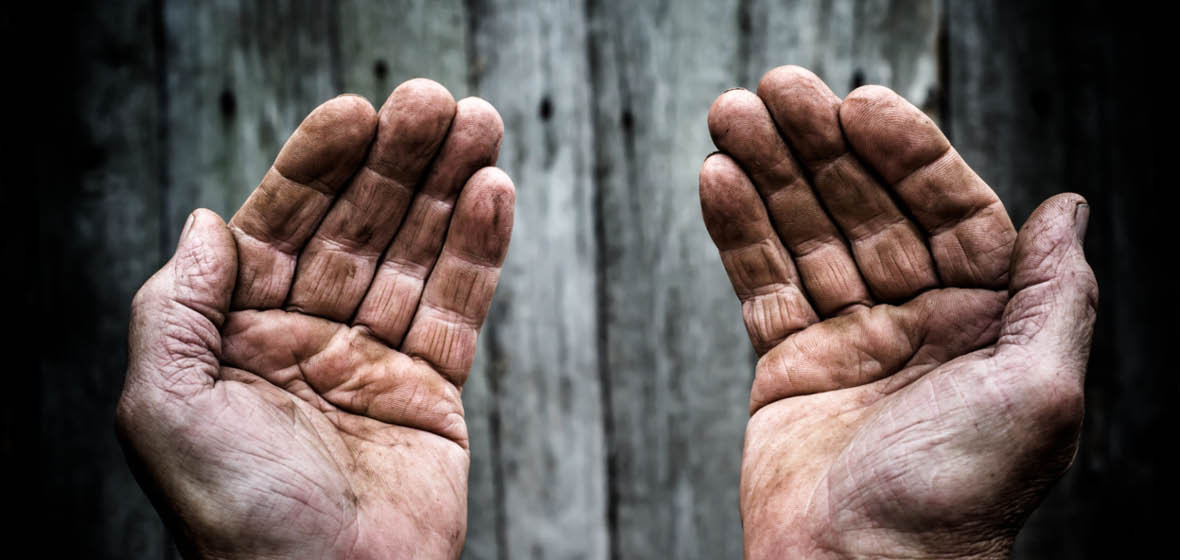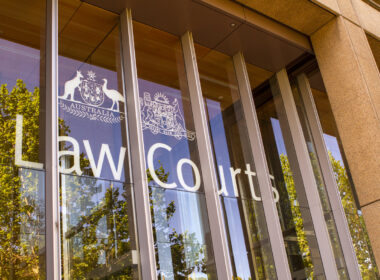From the implications of panic buying in remote areas to the policing of social distancing restrictions and lack of robust health resources, legal experts warn the impact of COVID-19 may be especially harsh on Indigenous communities.
Lawyers have told LSJ close attention needs to be paid to ensure Aboriginal people do not bear the brunt of the restrictions stemming from the pandemic, noting the spread of the virus in certain communities would bring catastrophic consequences.
While Australians with compromised immune systems and those aged over 70 have been told by the government to stay at home “unless absolutely necessary”, those same strict measures apply to Aboriginal and Torres Strait Islander people over the age of 50.
Samantha Lee, police accountability solicitor at Redfern Legal Centre, fears Aboriginal people will be disproportionately targeted by the social distancing regulations.
“We have had concerns from youth workers who work with young Aboriginal children, who are generally out participating in public spaces,” Lee said.
“There is lots of movement between households, there are family and kinship arrangements that aren’t taken into account in the public health orders. We also know that Aboriginal people are more policed than other groups.”
Robert Springall, lawyer and consultant with HFW who has considerable experience of remote Indigenous communities, said any outbreaks of the coronavirus “would be catastrophic in those communities”.
“They do not have anywhere near the same level of medical resources as other communities, and I think unless people have spent time in these remote areas, they may not necessarily appreciate the lack of resources available and the great isolation that exists ,” he said.
“There may be rural nurses within some of the communities but there is no real depth of medical support in many of these communities. There are also many people suffering from heart and kidney disease, diabetes and other comorbidities.
“I think to date there has been great success from government at all levels, especially in the Northern Territory, in keeping the virus out of the remote communities, and obviously that goes a long way in protecting those in isolated Indigenous communities and other vulnerable populations,” he added.
A coalition of Aboriginal organisations has written to government asking for assurance that remote communities will continue to have access to essential groceries and fresh food, amid concerns that larger supermarket chains were bulk-buying goods, leading to a shortage in independent stores that service disadvantaged areas.




